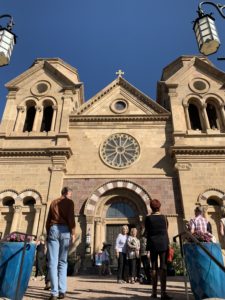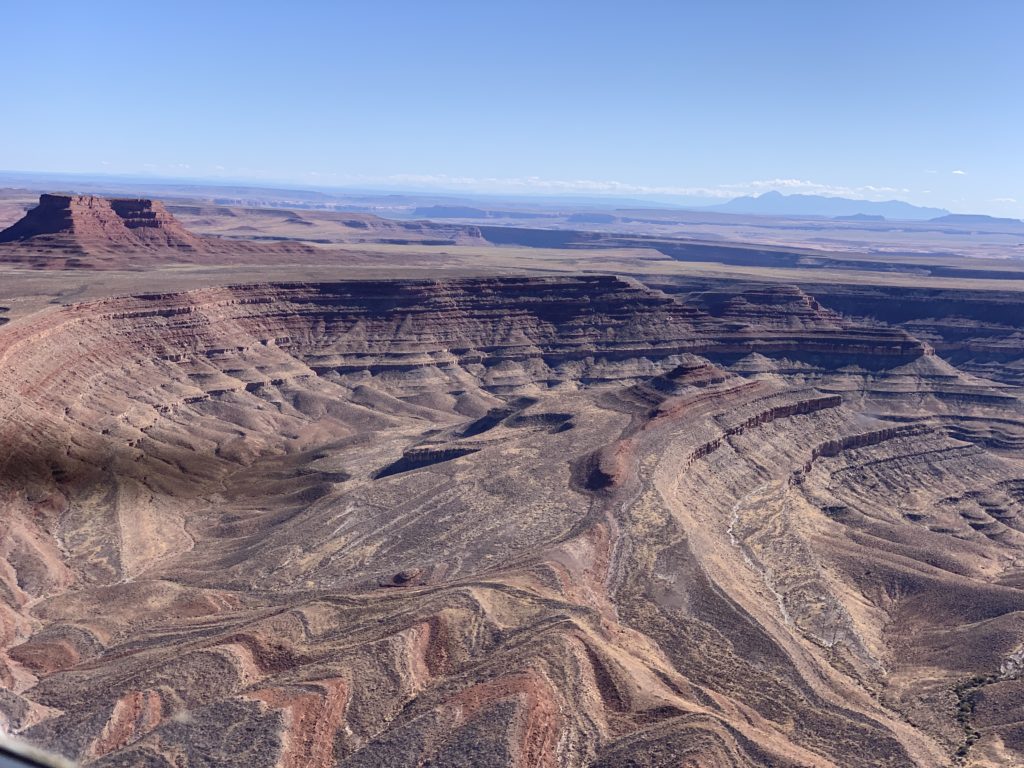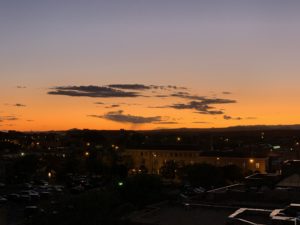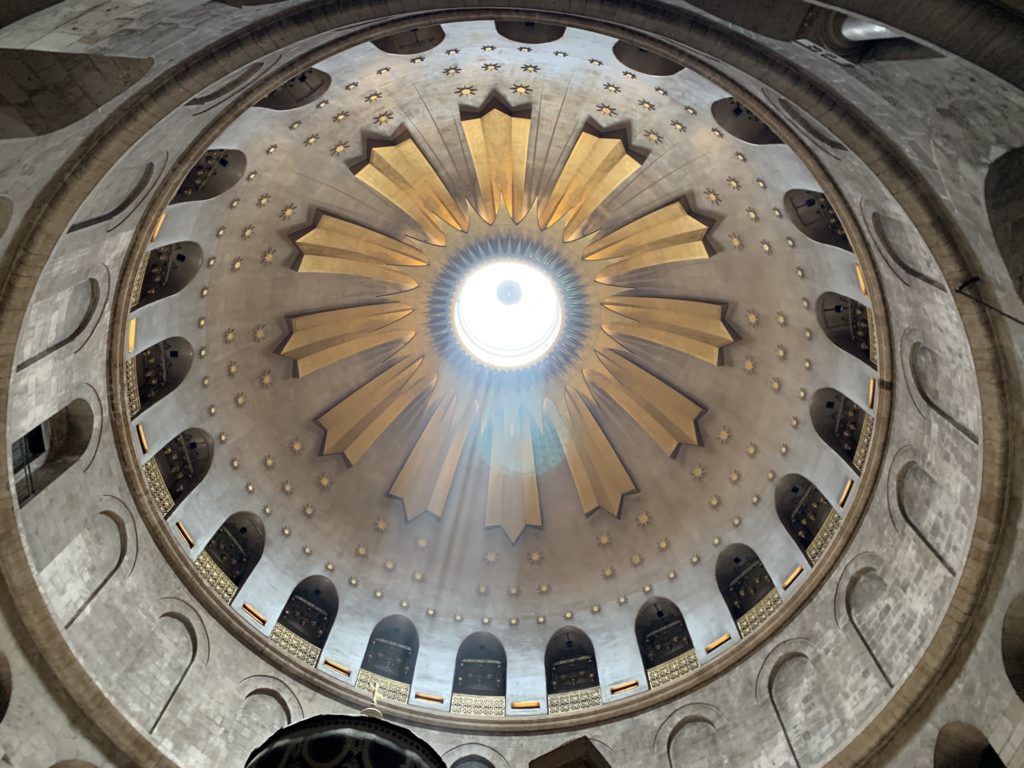
“Therefore the LORD Himself will give you a sign: Behold, a virgin will be with child and bear a son and she will call His name Immanuel.” Isaiah 7:14
This verse hit me with unusual force this morning. The beautiful prose strikes one softly, but also hard and true. After one considers its beauty and message for just a few seconds — and its peace with its mystery — the question arises…
What’s the there for?
I’ve studied Isaiah the past two years, so I know. King Ahaz of Judah is being threatened and terrorized by threats of conquest by two dark kingdoms working together to war against him and remove him from office.

The LORD sends His prophet, Isaiah, with a message to the king and the people whose “hearts shook as the trees of the forest shake with the wind.” The LORD’s message is, “The enemy’s plan will not stand nor shall it come to pass.”
He also adds, “If you will not believe, you surely shall not last.”
“Ask a sign for yourself. Make it hard,” says the LORD to the king.
“I will not ask, nor test the LORD,” says the king back to the Lord’s prophet.
It sounds pious and wise, but it’s full of disobedience, disbelief, and really “testing” the LORD, Who instructed him to ask for a sign.

The prophet responds with, “Therefore the LORD Himself will give you a sign: Behold, a virgin will birth a son — Immanuel.”
~~~
Don’t doubt it! Believe that the LORD Himself will rise up against your enemies, and you will be spared. You will stand.
There is a coming sign recorded in the ancient texts around 700 B.C.. There was a son born to a virgin around 2-3 B.C., and we now recon time by His appearing and work.
He lives… with us … within us.
Immanuel
~~~
Isaiah 6 sets the stage for all believers — seeing the LORD, high and lifted up.

Maybe in a year or years when a godly king is gone, the government is in turmoil, and you’re learning not to trust in man, or even yourself anymore.
But “God in us — God with us — Immanuel.”
“The holy seed is in it’s stump, “says the LORD to His prophet at the end of Isaiah 6.
Isaiah 6 sets the stage.
Isaiah 7 gives the promise of help, deliverance, and power. Immanuel.
Isaiah 8 shows the outcome of the scenario.
We don’t have 2000 years of church history — but 50 years repeated 40 times. Not 4000 years of Jewish history — but 50 years repeated 80 times.
God’s judgment comes upon the culture swiftly — so much so it will catch them unaware and add to the terror and tenor of the recompense, which will appear merciless, but it was chosen by them. They forgot God to serve themselves and their idols, and thus fell into the traps and clutches of the enemy.

Yet to those of the house of faith He writes? (Isaiah 8:16)
“Bind up the testimony, seal the law among my disciples.”
And the disciples respond, “I will wait for the LORD Who is hiding His face from the house of Jacob; I will even look eagerly for Him.”
“Behold, I and the children whom the LORD has given me are for signs and wonders in Israel from the LORD of hosts, Who dwells on Mount Zion.”
“Immanuel” appearing first in Isaiah 7:14 and three times in Scriptures is a beautiful Name, a beautiful thought, and a beautiful reality. “God, the Mighty One, is with us.”
Merry Christmas!
“Immanuel” Article by Jeff Benner

















